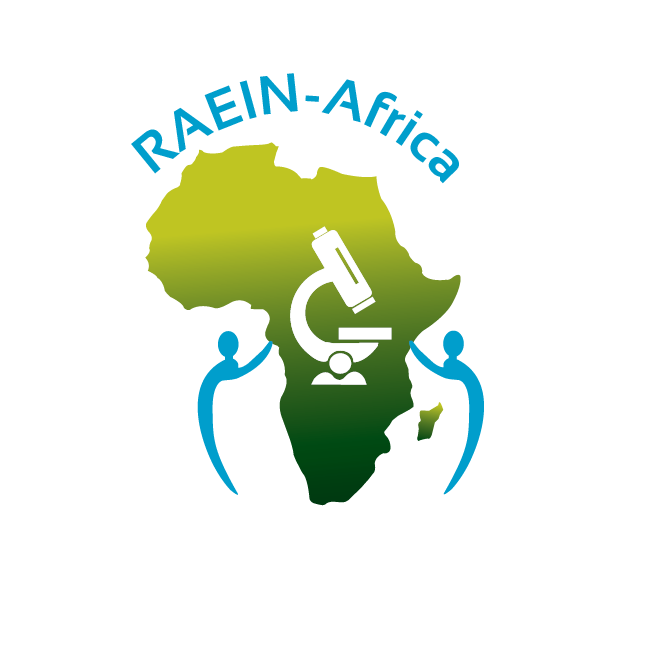Menu
The Southern African Biosafety and Environment Programme (BEP)
The Biosafety Environment Programme (BEP) was implemented with the broad objective of promoting effective governance in biosafety in southern Africa, through systems of innovation in biosafety policy development and implementation for informed decision-making.
The programme focused on
- Knowledge generation
- Capacity building
Knowledge Generation
To support policy formulation in the area of biosafety risk assessment
Implementing Partners:
- National University of Science and Technology (NUST), Bulawayo, Zimbabwe – Lead Executing Agency
- SADC Plant Genetic Resource Centre (SPGRC), Zambia
- National Gene Bank of Zimbabwe and
- Lupane State University, Department of Crop Sciences, Zimbabwe
II. Genetic diversity of Pennisetum glaucum (pearl millet) and Vigna unguiculata (cowpea) in Namibia
Implementing Partners:
- University of Namibia (UNAM) – Lead Executing Agency
- University of Pretoria (UP), South Africa;
- Ministry of Education, Government of Namibia and,
- Namibia National Botanical Research Institute (NBRI)
Implementing Partners:
- Biotechnology Trust of Zimbabwe (BTZ) – Lead Executing Agency,
- Kutsaga Research Station, Zimbabwe,
- Community Technology Development Trust (CTDT), Zimbabwe,
- Centre for Environmental Policy and Advocacy (CEPA), Malawi,
- University of Namibia (UNAM),
- University of Swaziland (UNISWA) and,
- Zambia Agricultural Research Institute (ZARI).
Capacity building
To support policy formulation in the area of biosafety risk assessment
Implementing Partner: Regional Agricultural Environmental Innovations Network Africa (RAEIN-Africa) – Lead implementing Agency
Capacity building activities carried out
- Power Negotiation Training for SADC negotiators to in preparation for COP-MOP III Johannesburg, 2006.
- Public Awareness, Education and Participation in Biotechnology and Biosafety, Gaborone, Botswana, 2006.
- Biotechnology, Biosafety, Biodiversity and Law, Ezulwini, Swaziland, 2006.
